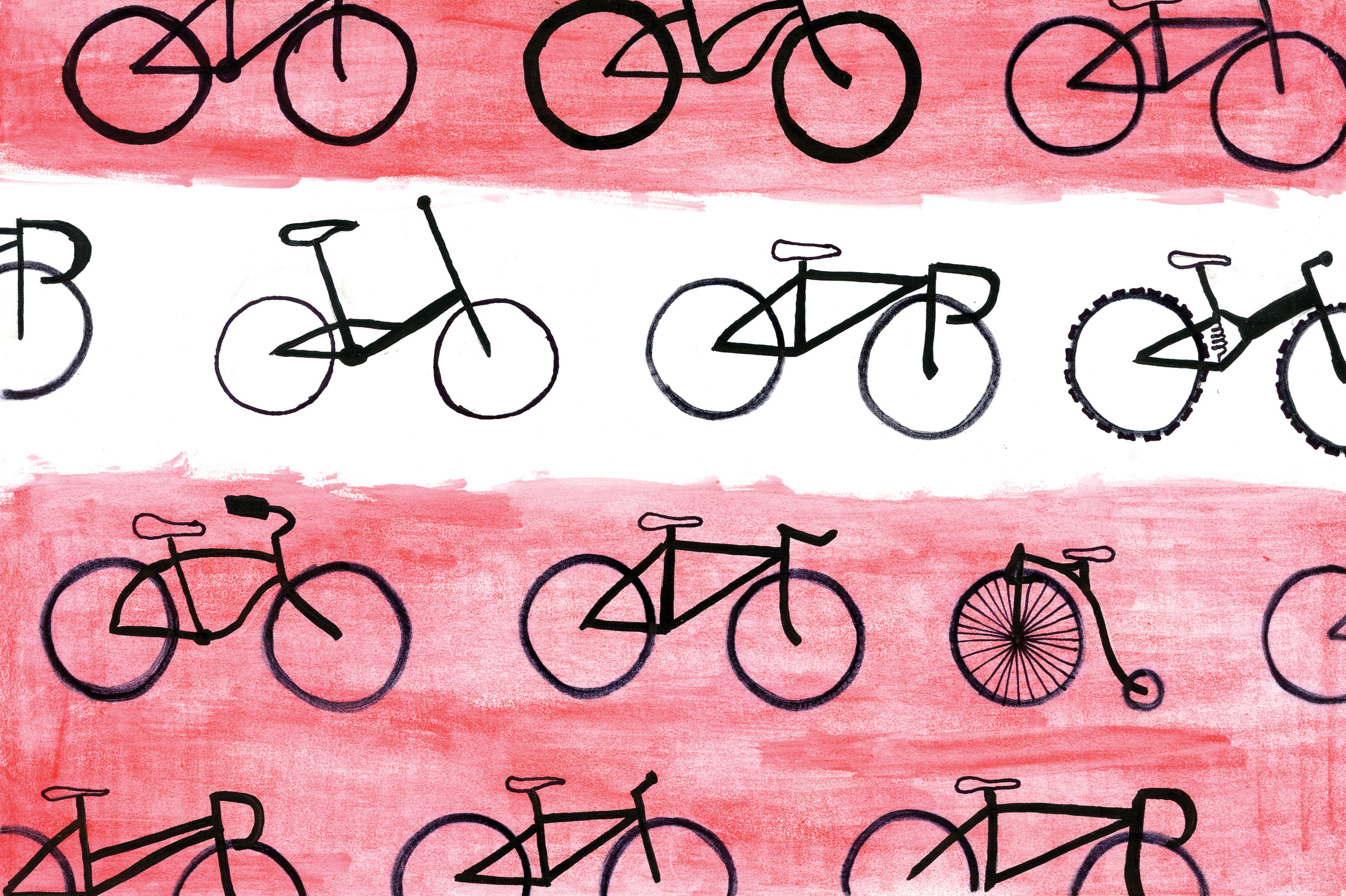When the Los Angeles City Council approved the addition of 200 miles of bike lanes a few weeks ago, it was, in a sense, one giant pedal forward for the cyclist community.
But in the weeks since, why is it that UCLA has taken few steps to make our campus more bike-friendly?
UCLA has the potential to become an active hub of the cyclist community ““Â but first, it needs to catch up to Los Angeles.
UCLA is undoubtedly trailing behind the pack with around 2,400 bicycle riders on campus compared to 14,800 at USC and comparable numbers at other large universities.
After years of neglect, it is time for UCLA to take off its training wheels and make formidable attempts to make our campus and community more bicycle friendly.
In 2006, UCLA Transportation crafted a Bicycle Master Plan, attempting to revamp the university’s lagging bicycle amenities by introducing new bike racks, bike lockers and a rental service. To many in the bicycling community, these improvements are appreciated but far from adequate.
The UCLA Bicycle Coalition and UCLA Bicycle Academy both recognize the lack of arterial pathways to and from campus as their greatest obstacle. Wilshire Boulevard, Sunset Boulevard, Westwood Boulevard and Sawtelle Avenue, to mention a few, are in desperate need of bike lanes, resurfacing or both, said Francis Reilly, a graduate student in urban planning and UCLA Bicycle Coalition member. A rock’s throw away, the intersection of Westwood Boulevard and Le Conte Avenue remains an embarrassment to the craft of paving, said Michael Cahn, a lecturer in history and founder of the UCLA Bicycle Academy.
The foremost point of contention in the UCLA bicycling community is the Veteran Affairs cemetery’s 2001 closure of a routine cycling route running through their grounds. The route allowed cyclists to safely circumvent Wilshire Boulevard’s oppressive traffic. Now cyclists face a safety hazard as well as a longer journey.
Because the infrastructure is already in place, opening up this route would not take much time or effort from Veteran Affairs.
Who should be in charge of spearheading efforts to remedy these problems? Student biking coalitions are doing all they can to lobby grassroots support.
UCLA should collaborate with the Westwood Community Council on bike-friendly policies, which could benefit the campus and surrounding areas.
As a university, UCLA has the potential to be the hub of a lively bicycling community.
“Bicycle riders are the indicator species of a healthy environment, just as trout indicate a flourishing riverbed,” said Dave Karwaski, assistant director of planning policy and traffic systems.
Giving bike riders access to a broader range of the community can only bolster the welfare of the Westwood community. The walk to Westwood can take around 20 minutes for students on campus, but it takes only three minutes to travel the same distance by bicycle.
Moreover, bikers need to garner more respect within the university. A key proposal by UCLA’s bikers coalition is to allow bikes on Bruinwalk. Giving credence to the plight of bikers by revising this policy will steer the community toward a more respective and appreciative mentality.
Karwaski suggested implementing an incentives program for bicycling commuters. The logic is: Since the university subsidizes metro passes as compensation for producing a smaller carbon footprint, gasoline-free cyclists get nothing.
The university could also provide free bicycle registration, which currently costs $10. Registration programs facilitate the return of stolen bikes and could effectively encourage more people from the UCLA community to become cyclists.
Any measure taken by UCLA, whether it’s political pressure for bike lanes, repaved roads, reward incentives or revoking the Bruinwalk policy, will institutionalize a mentality of respect. Such an attitude will get the wheels turning towards a healthier, more bicycle-friendly campus.
“Smart people ride bikes,” Cahn said.
Perhaps it can be said that smart universities support bicyclists.
Should UCLA promote bike-friendly policies? Email Bardelmeier at wbardelmeier@media.ucla.edu. Send general comments to opinion@media.ucla.edu.
